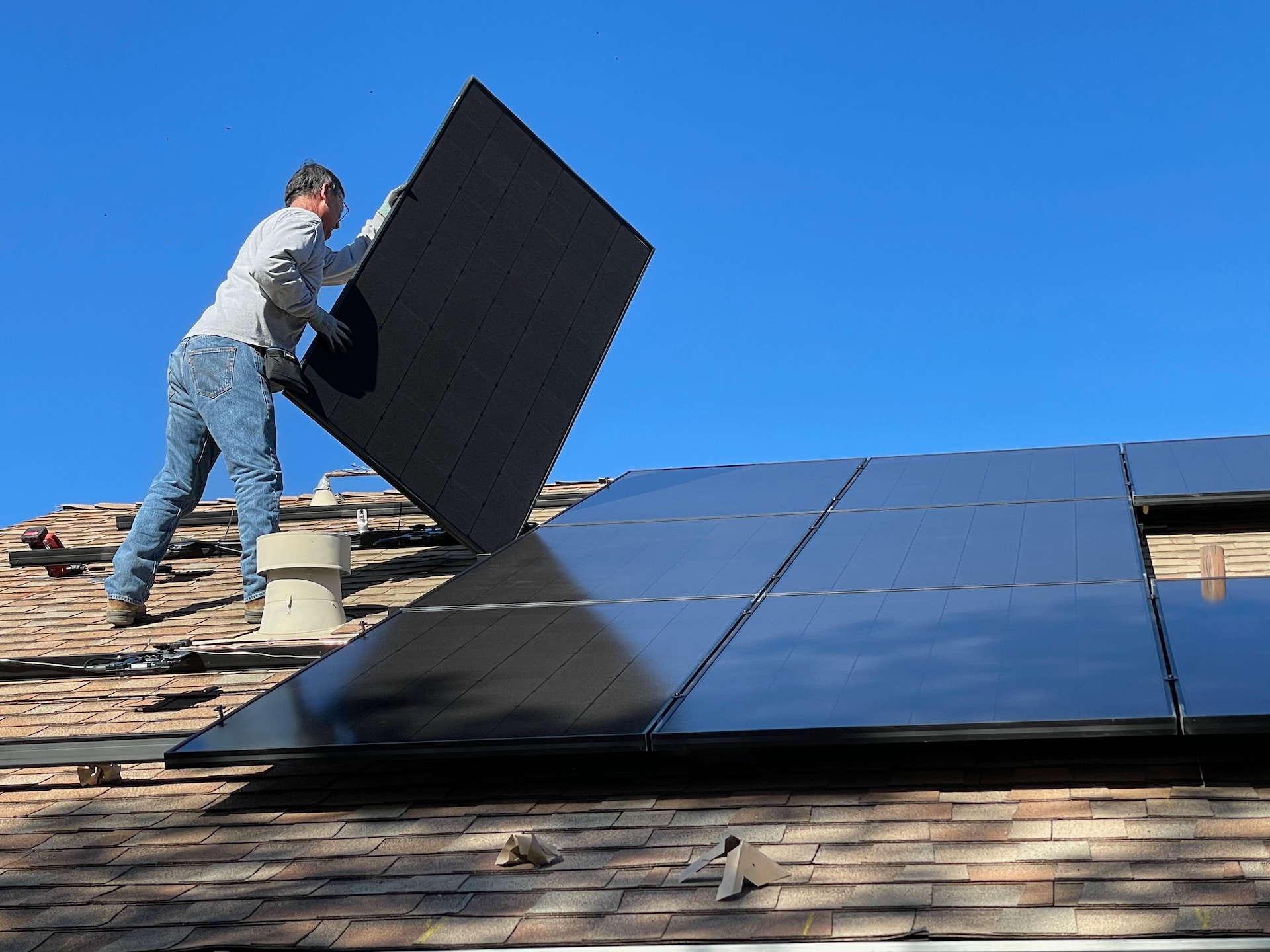Ensuring your heating system functions properly is an important part of home maintenance. Without proper care, your system could be inefficient or even fail to provide adequate warmth during the cold winter months. It’s important to take the time to inspect, clean, and maintain your heating system so that you can be confident in its performance. To make sure your heating system runs properly, there are several steps and measures you should take.
1. Get new heaters or replace filters
As time passes, the heaters in your heating system can become less efficient and need to be replaced or cleaned. If you have an air filter, remember to regularly replace it with a new one; not doing so can lead to clogged air filters that restrict airflow and reduce the efficiency of your heater. For example, heaters from Triumph Heating & Cooling can be bought to replace your old ones. While the replacement of heaters and filters is costly upfront, it will save you money in the long run because your heating system won’t need to work as hard.
2. Check vents and registers
To ensure your heating system is running at peak efficiency, it’s important to check the vents and registers throughout the house. Make sure that all of them are open and not blocked by furniture or other objects. If your air ducts become clogged with dust or debris, they can reduce airflow and cause your heater to work harder than necessary. You should also make sure there are no leaks in your air ducts; if you find any, they need to be sealed off properly. It’s also important to check the registers for blockages like dirt or pet hair, as these can also restrict airflow.
3. Keep an eye on temperature settings
Keeping a close eye on the thermostat will help you make sure your heating system is functioning correctly. Check that the thermostat is set to an appropriate temperature for the season so your heater isn’t working too hard. It’s also important to keep an eye on the temperature reading of your heating system; if it’s too high or too low, it could be a sign of an issue. Also, make sure the temperature setting isn’t changing on its own, as that could be an indication of a problem.
4. Inspect for signs of damage
It’s a good idea to inspect your heating system regularly for any signs of wear or damage. If you notice any cracks, rust spots, loose wiring, or other forms of deterioration, it’s important to address them quickly. Otherwise, the damage can spread and lead to costly repairs. If you need assistance with this inspection process, consider getting help from a professional who can detect potential problems before they become serious. While it’s always a good idea to have your system checked by an expert if you suspect any issues, regular inspections can help prevent major problems from arising.
5. Schedule maintenance with a professional regularly
Even if you feel like you are able to identify problems with your heating system on your own, it is important for the health of your unit that you bring in a professional at least once per year. They can check in on the system, clean it, and ensure any potential issues are caught before they become bigger problems. Scheduling regular maintenance can also help extend the life of your unit as well as improve its overall efficiency. This will result in lower energy bills and a more comfortable home.
6. Bleed radiators when necessary
If you have a radiator system, you should periodically bleed the radiators. This process helps to reduce air pockets within the system, which can reduce your heating’s efficiency. To do this, you’ll need to locate the bleed valve and use a radiator key to release any trapped air. This process will ensure that your radiator is running at peak performance and will help to keep your energy bills low in the long run. It’s important not to overlook this step in your routine maintenance. Also, if you don’t feel comfortable doing this yourself, consider hiring a professional to complete the task
By following these tips, you can make sure that your heating system functions properly and efficiently all year round. Keeping up with regular maintenance and inspections will help prolong the life of your system, as well as keep costs down. It’s also important to be aware of any issues that may arise, as this will help you address them quickly before they become more serious. With proper care, you’ll be able to stay warm during those cold winter months without breaking the bank!






Leave A Comment